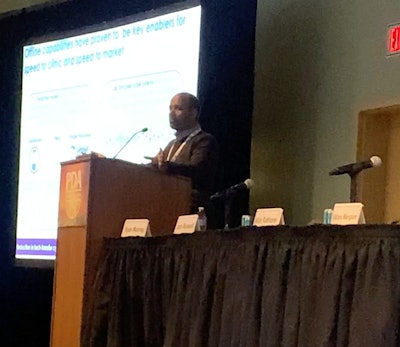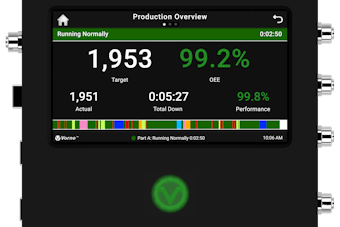
For a variety of reasons, many employees don’t stay in their jobs as long as they used to. How does this impact life science manufacturers who require such skilled employees?
In his talk at the PDA Annual Meeting, Nitin Rathore, PhD, vice president, Amgen Inc., discussed the acceleration of biopharmaceutical development through a number of data-driven strategies and platforms.
But he stressed the importance of people—a company’s most powerful asset—and how the industry will need to adapt to labor trends. With a workforce characterized by high mobility and frequent turnover, the traditional approach to training is no longer feasible. Instead, pharmaceutical manufacturers must revolutionize their training methods to keep pace.
Employee mobility may be shaped by factors such as the COVID-19 pandemic, remote work arrangements, inflation (and in some cases, stagnant wages), changing attitudes towards employment, and more. “It's a very different workforce than what we used to have 10 years back,” explained Rathore.
But rapid turnover is expensive—companies invest in long training cycles to get workers up to speed, only to have them depart in mere months or a few years.
Rathore said that efficient and accelerated training programs are key. Waiting for employees to acclimate slowly is no longer viable. Instead, companies must proactively bring their workforce up to speed in shorter timeframes. While operations may once have taken two years to achieve proficiency, those same competencies must now be condensed into six months to a year, he noted.
Prioritizing swift and effective training, coupled with machinery that is intuitive to operate, helps the likelihood that pharmaceutical employees are equipped to contribute meaningfully from the outset. The investment may foster employee satisfaction, but it also drives operational efficiency and innovation. While it’s understandable to lament the fleeting tenure of employees, it may be an opportunity or catalyst for change by embracing agility.


























